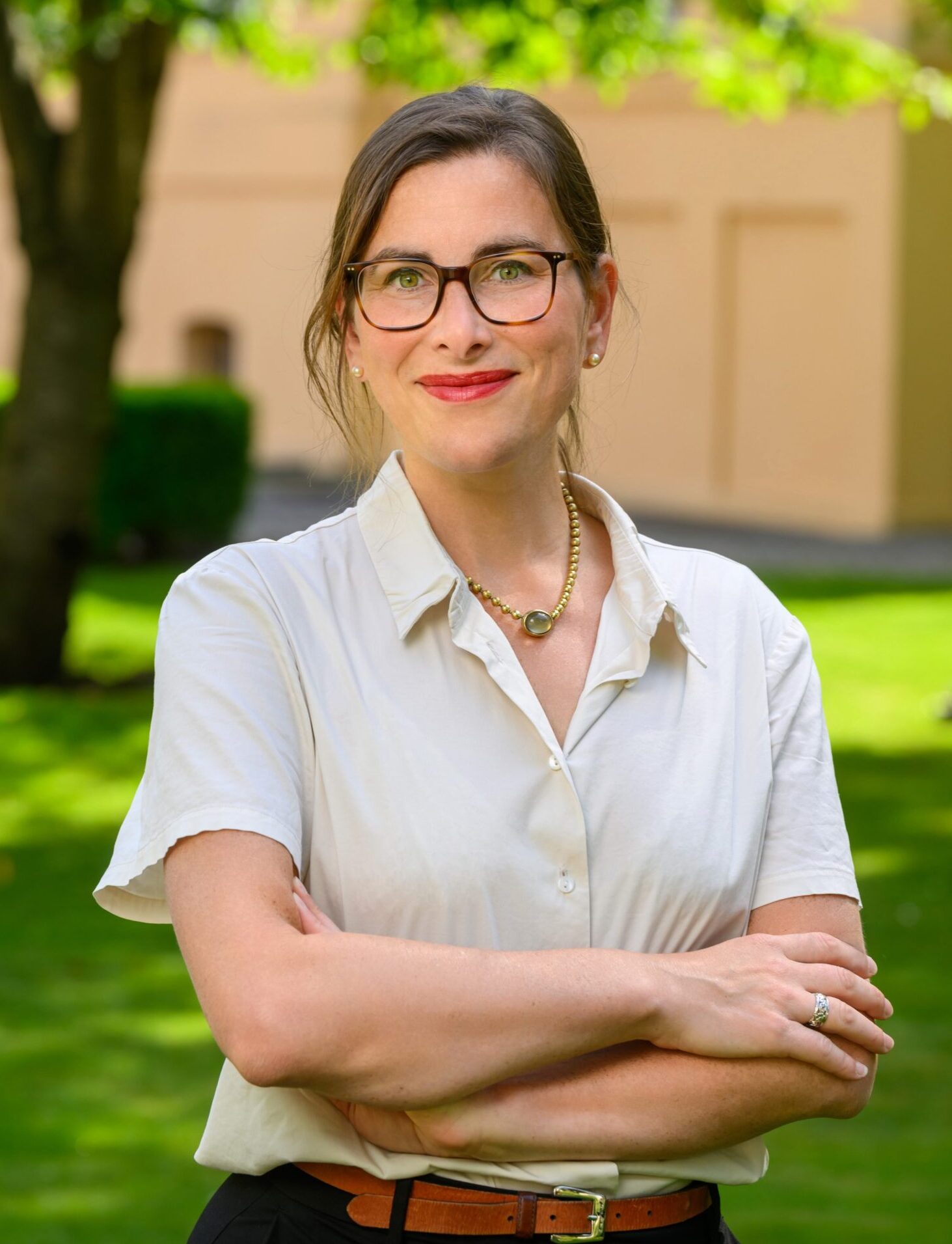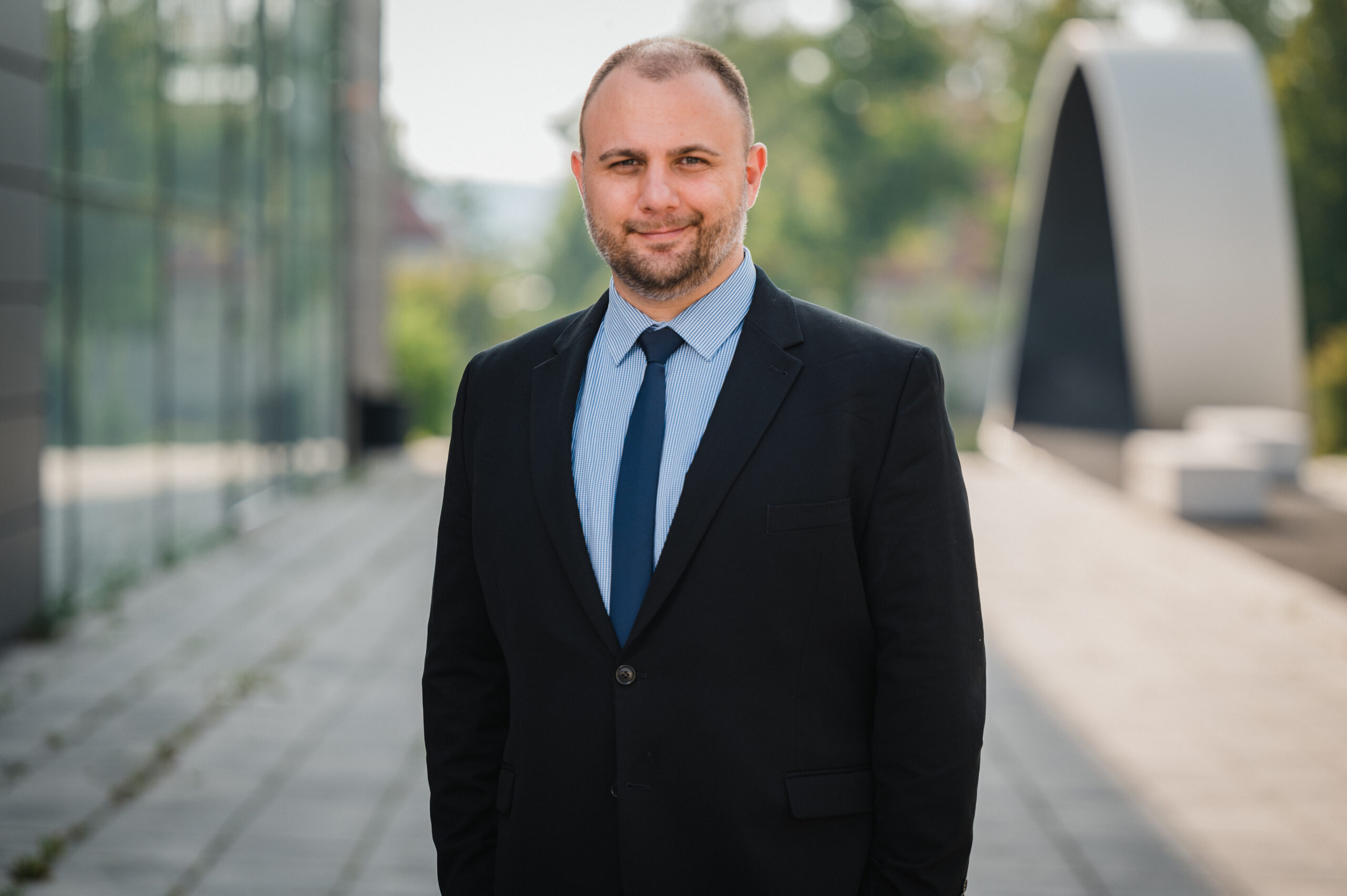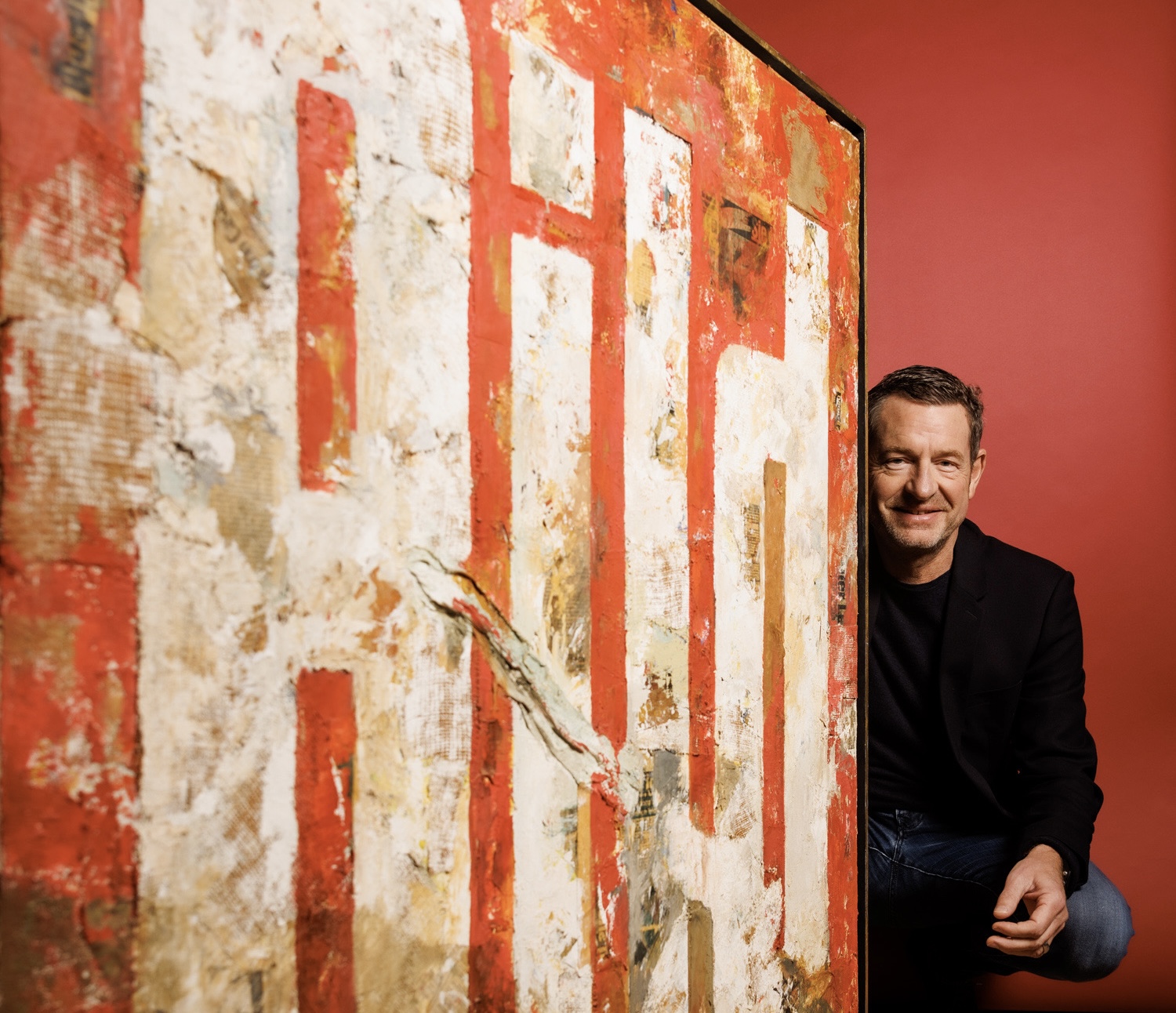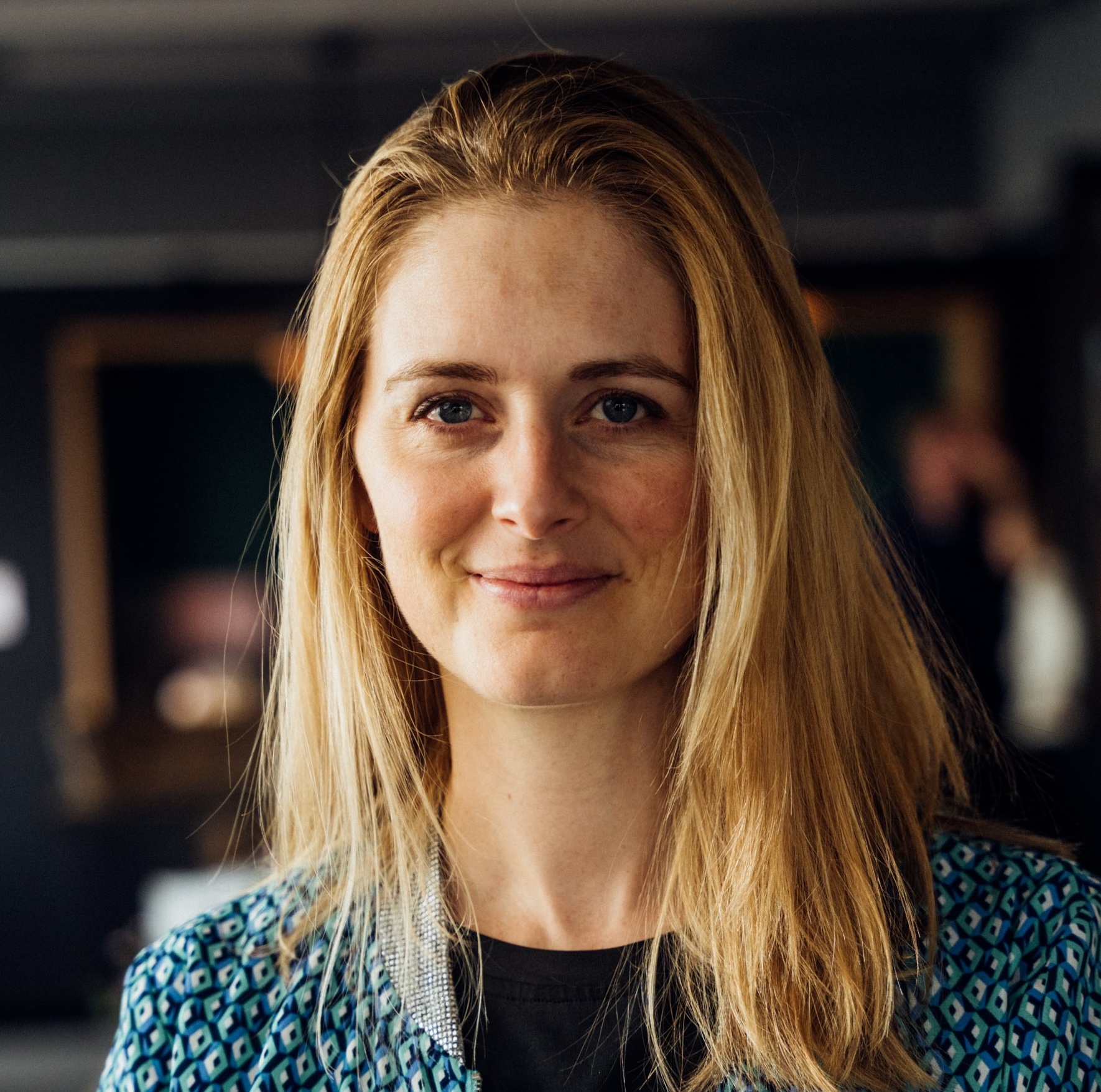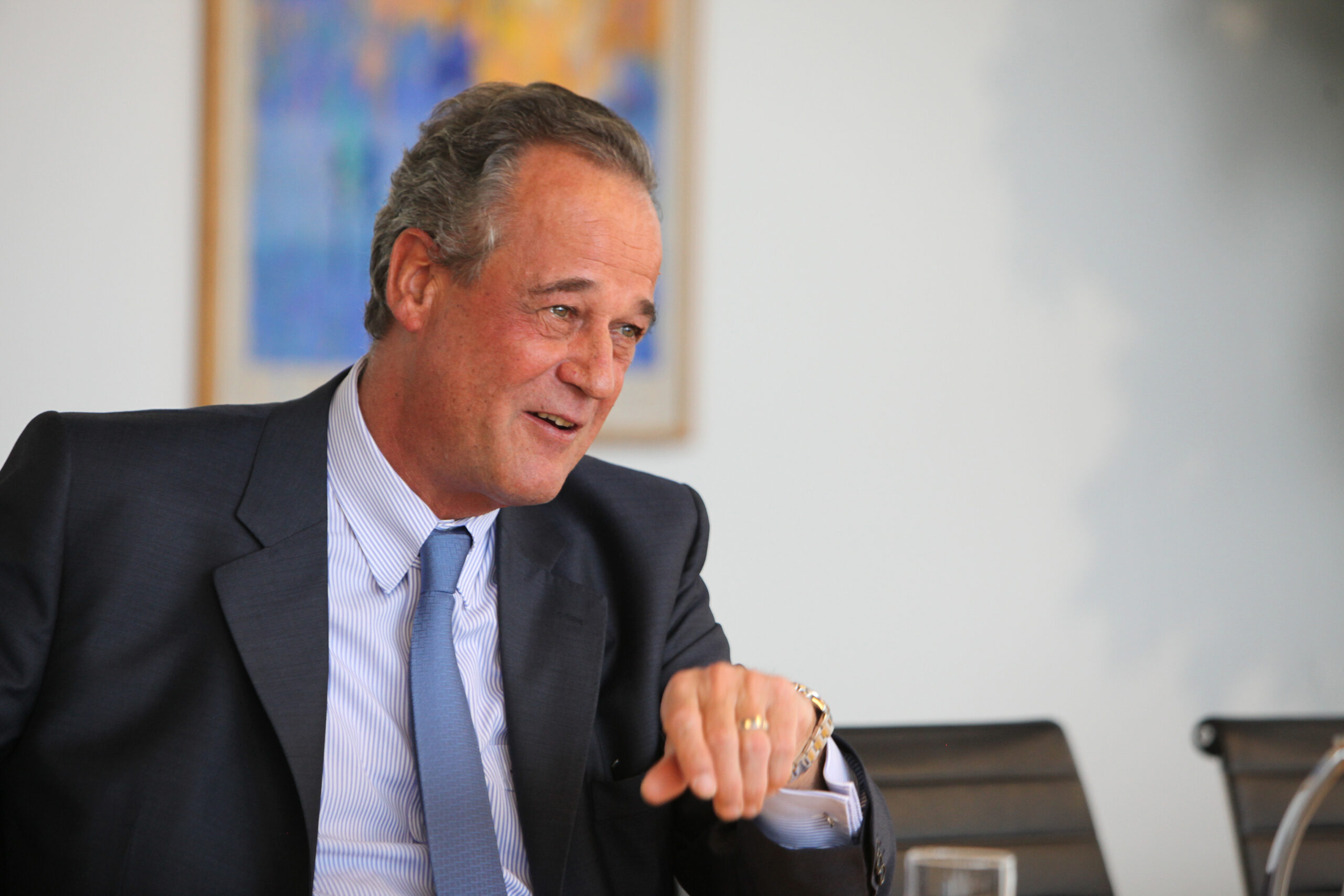Former and long-time Federal President of the Republic of Austria Dr. Heinz Fischer talks about his experience in office, challenges and opportunities and his understanding of freedom, democracy and free will.
What does freedom mean to you personally and where do you see the limits of a personal claim to freedom?
All human beings are not only – as stated by the United Nations Declaration of Human Rights – born equal in rights and dignity, but also endowed with reason and conscience and – I might add – with freedom of will. Filling these fundamental rights with life and giving them opportunities to develop, presupposes human freedom, in other words the ability to decide between different options. Freedom is a consequence of human dignity.
As the human being is not an individual being, however, the freedom of the individual finds its limits where the freedom of one interferes disproportionately with the freedom of the other. It is undisputed that the permanent weighing up of choices required for this purpose is more difficult in practice than in theory, making the effort to preserve the freedom and to respect the limits of freedom, a ’never ending story‘.
During your time as Federal President, were there moments when you felt that your freedom was being restricted considerably by the demands of office? How did you, as Federal President, perceive the stressed relationship between fulfilling your duties in office and your personal freedom?
There were no such moments, as I was aware of the restrictive aspects of this office from the very beginning and accepted them, and moreover, these restrictions were more than compensated for by extraordinary opportunities for action.
In 2009 you declared your candidacy for re-election in a YouTube video. To what extent should politicians use social platforms and networks to comment, position themselves and polarize? What dangers and opportunities do you see in this political instrument and should/must limits be set on the right to freedom of expression in this context?
Politicians will always use those communication possibilities that are considered as „state of the art“ in their respective present and with which they can articulate themselves best and most effectively.
The disadvantage of today’s „social media“ – which I by no means always regard as „social“ – is especially the very aggressive, untrue, ill-considered and hurtful remarks that enter the cycle of public discourse both enhanced and relatively unfiltered. The wide reach and intensity of such media thus aggravates and exacerbates the political and social climate.
Just as freedom of the press is accompanied by a press law and other legal regulations, additional regulations will probably also be necessary in connection with social media – in consideration of the limits of freedom, I previously elaborated on.
As a result of growing populism, climate change and rapid technological change, liberalism is coming under increasing pressure and with it the individual freedom on which it is based. How do you see Europe’s future course – promoting or restricting freedom?
I think that not only „liberalism“ is coming under pressure due to populism, climate change or rapid technological developments, but our entire social and political system is facing new challenges. This affects more or less all democratic political movements and the political culture as such. Therefore, it is our task to shape the technological change to the best of our ability in such a way that our fundamental values, which form the basis of European society, can be preserved and ideally even expanded.
Which aspects of individual freedom do you currently see under attack and which aspects should be particularly defended in the future?
In my opinion, the greatest threat to individual freedom is the development of the surveillance state, i.e. the „transparent citizen“, as a result of the desire to have maximum knowledge of the habits of citizens in the interests of maximum security. Here, too, we need to weigh up the competing interests, in which the judicial element must play an important role in order to safeguard fundamental rights.
Given the sometimes frightening possibilities of new technologies, Big Data and Artificial Intelligence, which cannot be properly assessed by the majority of the population, is there an urgent need to redefine our understanding of freedom in the same way that our perception and definition of equality, sustainability and security has changed over the last 20 years?
I think it is less a question of „redefining“ our understanding of freedom than of defending and protecting the fundamental value of „freedom“ against conflicting interests.
Moreover, I believe that the relationship between freedom and equality is not as antagonistic as it is often presented, because an optimum of freedom for all people also presupposes a minimum of equality, and the goal of equality and equal opportunities for all is not compatible with the existence of lack of freedom. Freedom and equality belong together more than many assume.
How should the relationship between freedom on the one hand and security or public order on the other be dealt with, in the context of video surveillance and face recognition?
As I have previously explained, I feel that the pursuit of the highest possible level of security is accompanied with the tendency to accept compromises in terms of individual freedom. A balance of interests is therefore required, which must be carried out by transparent, democratic institutions under judicial control.
I am no friend of the term „political correctness“, as I think it is self-evident that one should behave politically correct – even in an open society and a pluralistic democracy. I therefore do not accept to interpret political correctness as a restrictive term or even as a term that triggers bans on thinking and speaking. Gender equality and religious issues can and should also be dealt with in a politically correct and critical manner on the basis of pluralism of opinion.


